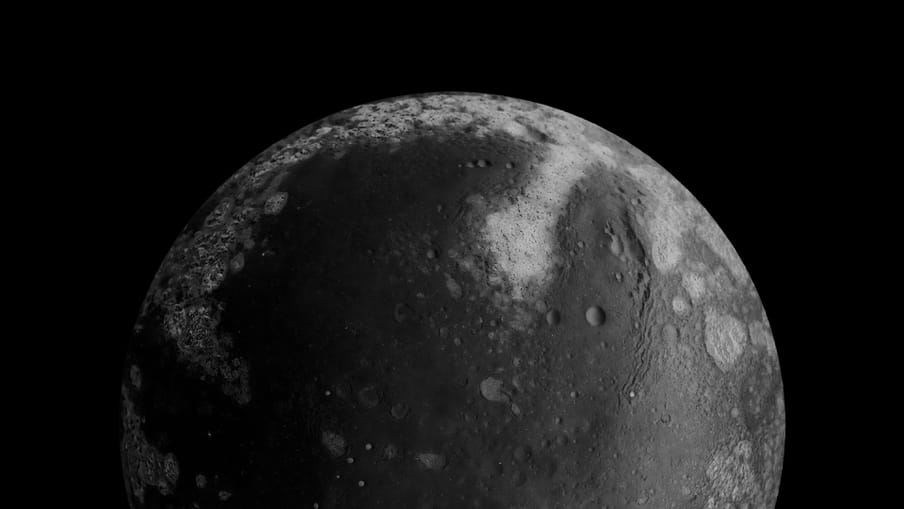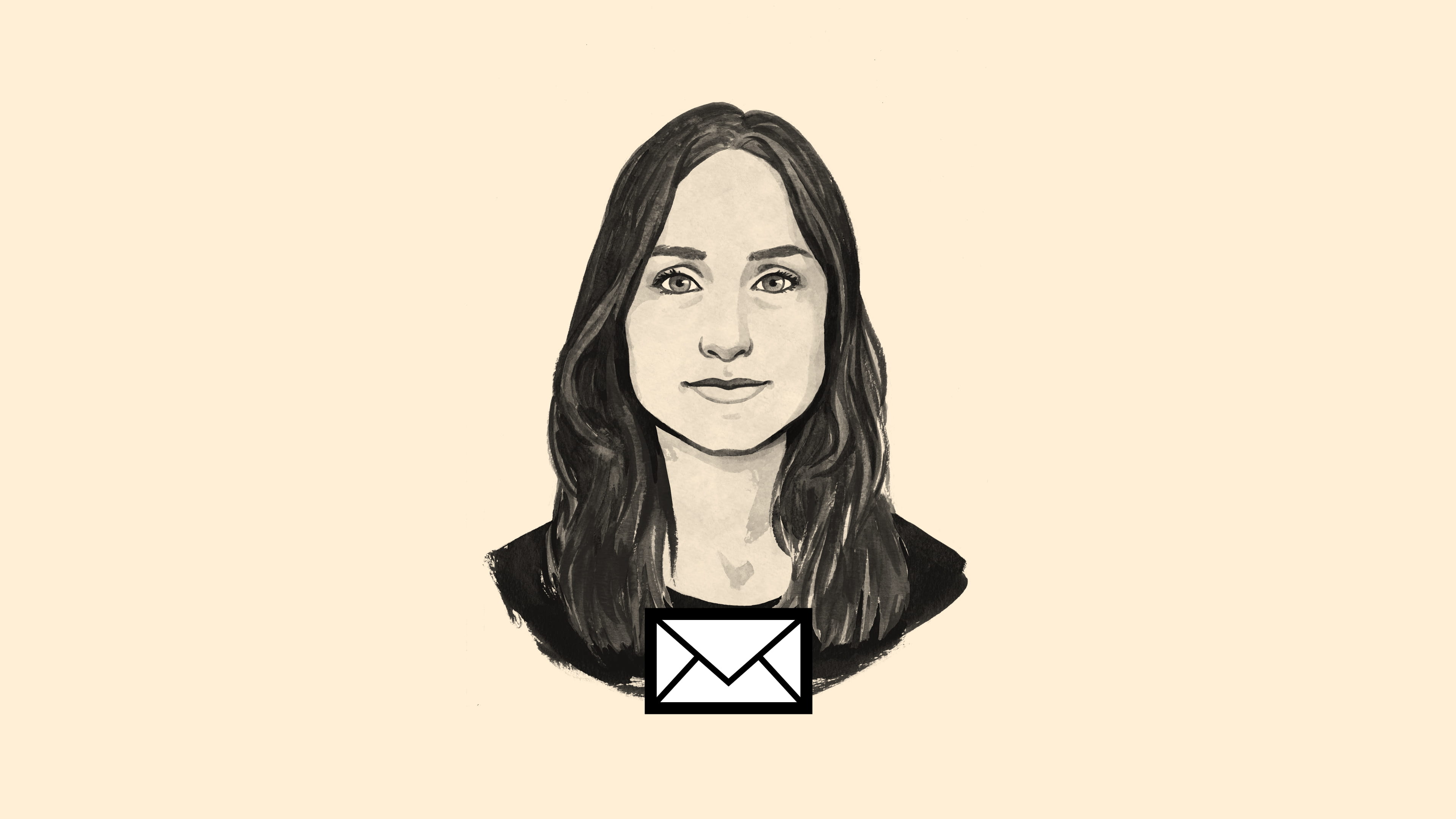Hi,
In the 90s, a group of people bought a telescope. After a few days, they took the thing back to the shop and told the manager that it was broken. There was supposed to be a spaceship, but they didn’t see anything through the lens.
The people were part of the religious cult Heaven’s Gate whose members believed a spaceship was approaching. It would come at the time the comet Hale-Bopp passed by Earth, and take the believers aboard. Not long after the shop visit, in March 1997, all 39 members killed themselves in order to shed their "earthly containers".
I came across Heaven’s Gate in an article in The Atlantic, shared with me by my colleague Nabeelah Shabbir. In it, social psychologists Elliot Aronson and Carol Tavris talk about "cognitive dissonance".
Leon Festinger coined the term in the 1950s. It describes the discomfort you feel when you don’t behave in line with what you know, or when two thoughts are contradictory. A contradiction that you then try to fix.
The people of Heaven’s Gate were convinced there’d be a spaceship. When they didn’t see anything through the telescope, dissonance arose. To get rid of the internal conflict, they decided: that thing must be broken.
Everyone joins in
It’s an extreme example, but to a lesser extent we’re all guilty of cognitive dissonance. The fact that I drink alcohol, for example, is contrary to my knowledge of the negative consequences.
To solve this dissonance, I think of all sorts of reasons not to become a teetotaler. It’s of social importance; it’s part of my lifestyle; I have conversations I wouldn’t otherwise have. Pretty good reasons, if I may say so myself.
Aronson and Tavris describe how difficult it is to change our mind once we’ve become attached to a belief. But in circumstances like the Covid-19 pandemic, when knowledge is constantly evolving, changing your mind can be vital.
If you’ve decided that you don’t like your face mask, it’s probably hard to convince you to wear it anyway. Especially when, like in the US, a certain behaviour becomes aligned with a political ideology.
How do you change your mind?
Changing your mind is difficult (when was the last time you did?). But it’s not impossible. The two psychologists describe the "Shimon Peres solution".
When Ronald Reagan angered the Israeli prime minister by going to a Nazi cemetery, Peres said: “When a friend makes a mistake, the friend remains a friend, and the mistake remains a mistake.”
"Recognise the dissonance" is what the psychologists mean to say, instead of making it disappear (Reagan must be a jerk or: well, that mistake wasn’t so bad after all). And then examine it: where does this contradiction come from? Do I have to change something?
The article in The Atlantic contains more advice on how to deal with cognitive dissonance, and it’s more important than ever as we’re all trying to understand information that’s of vital importance to ourselves and society.
Why clever people say silly things
I’m fascinated by cognitive dissonance and all the other tricks our mind plays on us when we process information. In my book The Number Bias – How Numbers Lead and Mislead Us, I write about how our beliefs can get in the way of understanding.
As Numeracy correspondent I thought for a long time that, if only I explained numbers well enough, people would eventually understand them and stop making mistakes. I believed that knowledge was the solution.
This is a popular idea: a lack of knowledge is the problem, and more knowledge is the solution. When climate scientists publish temperature graphs, or journalists fact-check politicians, or ministers trot out economic figures in a debate – every one of them is trying to combat mistakes with yet more information.
But when I encountered the work of law professor Dan Kahan, I started to understand that the problem had nothing to do with lack of knowledge. This is about psychology.
Read more about this in the excerpt, now available on The Correspondent. And do check the beautiful images by Robert Pufleb and Nadine Schlieper. What do you think this is? The answer is at the bottom of the article.

Before you go ...
My colleague Michiel de Hoog interviewed his hero Michael Lewis, the author of, among others, The Big Short. You can read the interview, but I recommend listening to it. Especially because at the beginning it sounds like Lewis is doing an interview with Michiel, instead of the other way round.
 Prefer to receive this newsletter in your inbox?
Follow my weekly newsletter to receive notes, thoughts, or questions on the topic of numeracy.
Prefer to receive this newsletter in your inbox?
Follow my weekly newsletter to receive notes, thoughts, or questions on the topic of numeracy.
